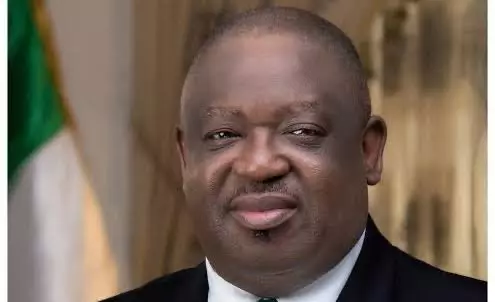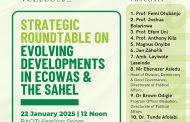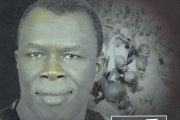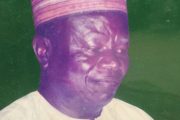Governor Caleb Mutfwang of Plateau State is putting the blame for cycle of violence in the state on Federal Government security practice, particularly what he calls “lack of political will”. According to the governor, it is that which accounts for the failure to flush out marauding terrorists on the Plateau, making it possible for the alleged terrorists to have occupied schools in the Barkin Ladi Local Government Area of the state for five years without being dislodged.
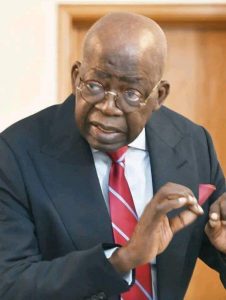
President Tinubu
Governor Muftwang is changing the narrative. Previously, each time an attack occurred, commentators will name the perpetrators as Fulani herdsmen and, by implication, privileging the identity of the perpetrators above the crime. Now, he has shifted the language from the identity of the alleged perpetrators to the alleged crime which is terrorism. Unlike the concept of herdsmen, terrorism is a clearly defined crime in domestic and international law, with clear punishments too. In a way, Muftwang is bringing non-sentimental categories into the drama.
As far as the governor is concerned when he spoke on a Television programme earlier today, the cycle of violence in the state is basically because no one has been arrested by security agents. Calling the Christmas Eve attacks which went on in over a dozen communities in two local councils – Bokkos and Barkin-Ladi – “unprovoked”, the governor put the casualty figure at about 115 lives and hundreds of houses torched.
The governor who plans to get President Bola Tinubu to give security agents the marching orders to clear the terrorists and protect the people against their land-grabbing attackers has also mounted the clarion call: “We must stop this carnage,”.
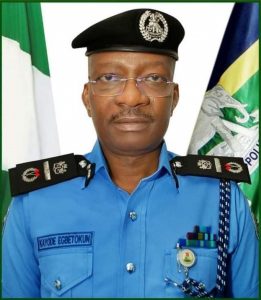
IGP Kayode Egbetokun,
It is not clear what the governor means by approaching the president for instructions to security agents on moving against the alleged perpetrators. Critics would ask if the president has to give instructions to security agents before they deal with a case of large number of deaths anywhere in the country or how such could happen without anyone predicting it in the intelligence circles. The governor’s constant reference to lack of political will suggests though not conclusively that Nigeria is not dealing with intelligence failure but the inability of successive political leaders to act. As Intervention earlier reported, a former Secretary to the Plateau State Government, Prof Shadrack Best has once argued that if a sitting president asks an Inspector-General of Police to catch any particular set of perpetrators, the IGP would have to deliver. Nigerians have evidence of that when General Babangida once publicly asked the IGP during his time for the notorious armed robber, Anini. It didn’t take long before Anini was grabbed by the Police.
Although Governor Muftwang has gone farther away from the commonsensical by naming the crime rather than the perceived perpetrators, he still fell back into the political context of the violence by saying that “part of the problem we have is that so far, there have been no arrests, no prosecution, and as far as we do not confront this issue headline, some people feel their attackers are being protected.”
Obviously referring to the Buhari regime, the governor said the feeling of the people in Plateau State, particularly the victims of these terrorist attacks, is that the terrorists were enjoying official government backing as long as little or nothing was done to repel these attacks. “I can tell you, that these schools that are being occupied didn’t start now; some of those schools have been occupied for the last three to five years. Children in those schools have had to relocate and primary healthcare centres have been abandoned.”
Governor Muftwang is, indirectly, confirming Intervention’s inference that the elite from the area have not advanced the search for cure beyond fragmentary reporting of the cycle of violence. This has to be true as most Nigerians must be hearing for the first time that the perpetrators have occupied schools.
The danger in all these is that, today, it is Plateau, tomorrow, it will be somewhere else and the balance of forces may not be as unequal.

